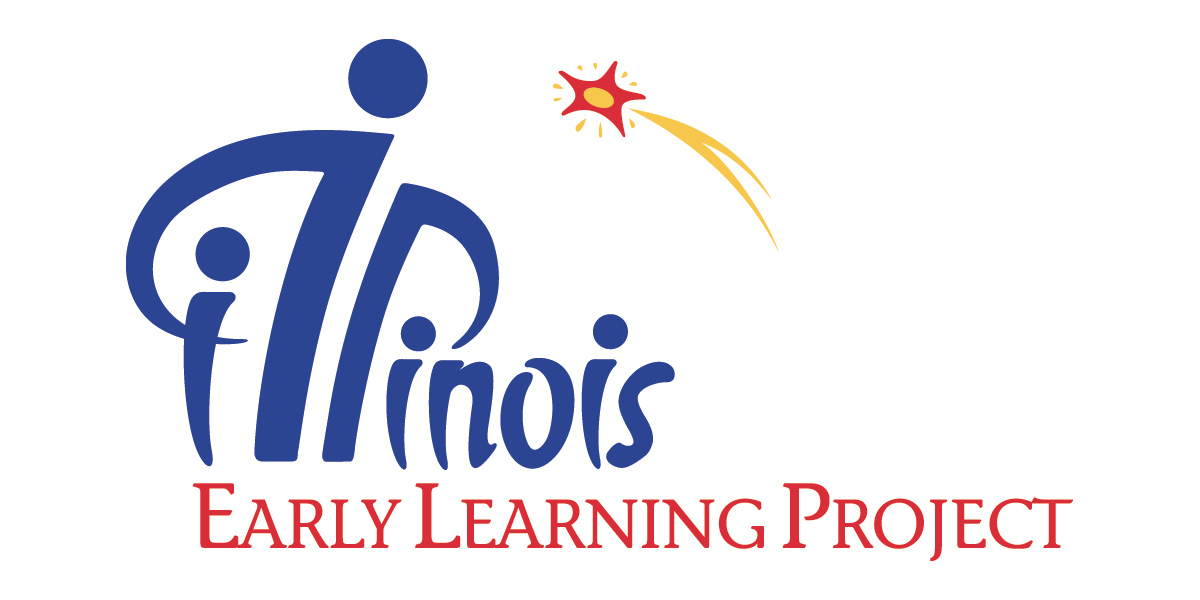Families may wonder about assessment for young children. It is common for a child’s caregiver, teacher, pediatrician, or other involved adult to use assessments. Assessment is one way to learn more about a child and their development. Assessment gives families, caregivers, and teachers helpful information about a child.

Why assess?
- Assessment helps early childhood professionals gather information about a child and reveals details about their strengths and challenges.
- Assessment information helps families and teachers make decisions about a child’s learning and support. For example, an assessment may reveal that a child has language delays, leading to the creation of communication supports.
Who is involved in an assessment?
- Family members
- Early childhood educators, special educators, home visitors, and childcare providers
- Specialists such as speech therapists and physical therapists, as needed
What does assessment look like?
- A teacher might watch a child playing at home, at childcare, or at school
- A therapist might ask a child to try fun activities that involve moving, talking, or drawing
- A parent might answer interview questions about how a child speaks, acts, or moves
- A parent might complete a questionnaire about their child’s skills
What happens after an assessment?
- Assessors review the information they have gathered to understand the child’s strengths and challenges
- The information is summarized in a report and shared with everyone involved, including family members
- Families and professionals meet to talk about the assessment and consider whether additional services or supports, such as special education services, are needed for the child
What can families do to support the assessment process?
- Provide information for the assessment process; this will help the assessment team create an accurate description of the child’s needs
- Share any concerns about their child’s interests, behaviors, and skills in daily home life
- Ask and answer questions about their child and what they can and can’t do
- Keep track of appointments for the assessment and any additional meetings


 Printer-friendly PDF
Printer-friendly PDF Printer-friendly PDF
Printer-friendly PDF